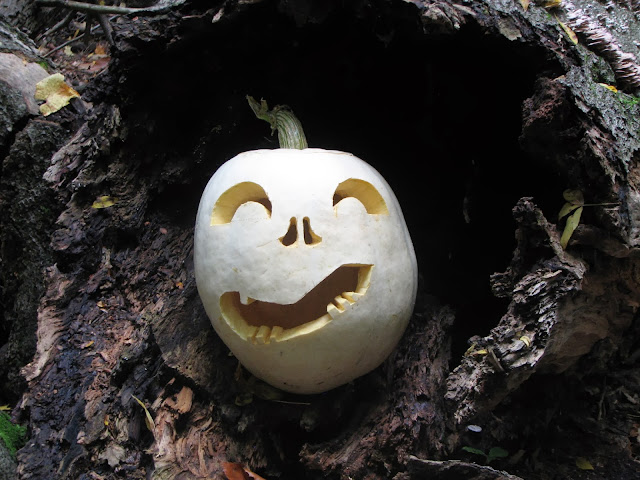This time will be successful. The third time's the charm, right? I'm referring to my efforts in our Community Garden to plant and harvest beyond the traditional gardening timeline. Here in Erie, weather dependent, most summer harvest plants have finished. We are just now finishing up harvesting grapes, some corn, and, of course, plenty of apples. In 2013, we have had a very pleasant fall. Lots of sunshine and relatively dry weather (the opposite of our summer) has led to tomatoes lasting a little longer, along with a few other garden plants.
My goal is to plant and harvest SOMETHING until sometime in December. Then start to plant again in March. Cold weather crops such as lettuce, radishes, onions, arugula, swiss chard and other leafy greens fit the bill.
I have tried the past two autumns with minimal success.
I have created a low hoop tunnel in our community garden. In 2011, I simply laid the plastic over the hoops and wait to see what would happen. Very little, it turned out. Most of the growth came in the spring when the weather turned.
In 2012, I added a floating row cover. This thin cotton cover helps create a blanket for the plants to keep some heat in, but also let rain and light in. Even with the added layer there was little growth.
As with any experiment, a scientist should only change one variable at a time, otherwise you have no idea which part of your experiment was successful or unsuccessful. The only variable I've been changing is the amount of cover on the soil, thinking that the raised bed cooled off faster and perhaps the soil is actually freezing.
The one variable I cannot control is the weather.
Along with the purple peppers, I've also left the everbearing strawberries. Which are still bearing fruit - YAY! There is nothing like a fresh strawberry in October, of all things.
This year, 2013, I've layered some straw from our straw bale bed. I hope it not only hold some heat and moisture in, but also will be useful to the soil by adding carbon when I mix in the decomposing bits in the spring. I will also add the floating row cover. And the plastic over the hoops. With these three layers, I hope to see lettuce and onions poking up in a few weeks!
One aspect of the low hoop tunnel is the caterpillar tie-down system. I reuse the ropes each year and they are very effective against our winter wind.
In the fall and spring, I also have the capability of rolling up the sides to let in fresh air, light, and moisture on warmer days.
Cross your fingers that the third time is the charm and baby lettuce will be available by Thanksgiving!



















